Five new student startups go head to head in Venture Catalyst Challenge final
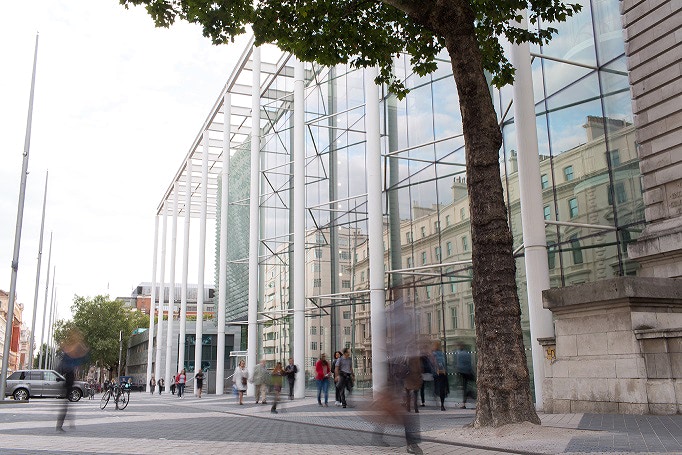
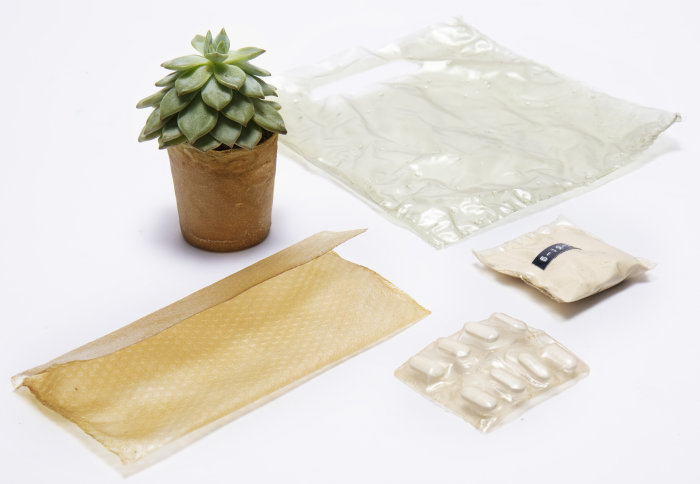
The Shellworks are creating an alternative to plastic using crustacean waste
Five new science and technology startups founded by Imperial students are set to battle it out in the final of Imperial’s Venture Catalyst Challenge.
From freshwater-free textiles to virtual reality for memory, the teams represent some of the College’s most promising new businesses.
The Venture Catalyst Challenge (VCC), run by Imperial Enterprise Lab and powered by Blenheim Chalcot, is the College’s largest entrepreneurial competition for students and alumni, enabling them to develop an innovative idea for commercialisation.
It challenges them to turn their ideas into new technologies, products and businesses based around five key tracks:
- Creative & Consumer – Sponsored by Imperial College London
- Digital & Fintech – Sponsored by Santander Universities
- Energy & Environment – Sponsored by ABB
- Health & Wellbeing – Sponsored by P&G Ventures
- AI & Robotics – Sponsored by Amazon Robotics
After seven weeks of intensive masterclasses and coaching, the teams are preparing to pitch in front of a live audience for a share of £90,000 of funding on Wednesday 18 March.
The final takes place during Enterprise Week 2020, a week-long showcase of startups, entrepreneurs, and innovators from across the College. The final five were selected out of 25 participating teams and were all allocated £10,000 in the semi-finals.
If you would like to see the five finalists pitch for the Grand Prize of £20,000 at the Grand Final, please register on Eventbrite.
Creative & Consumer: freshwater-free textiles
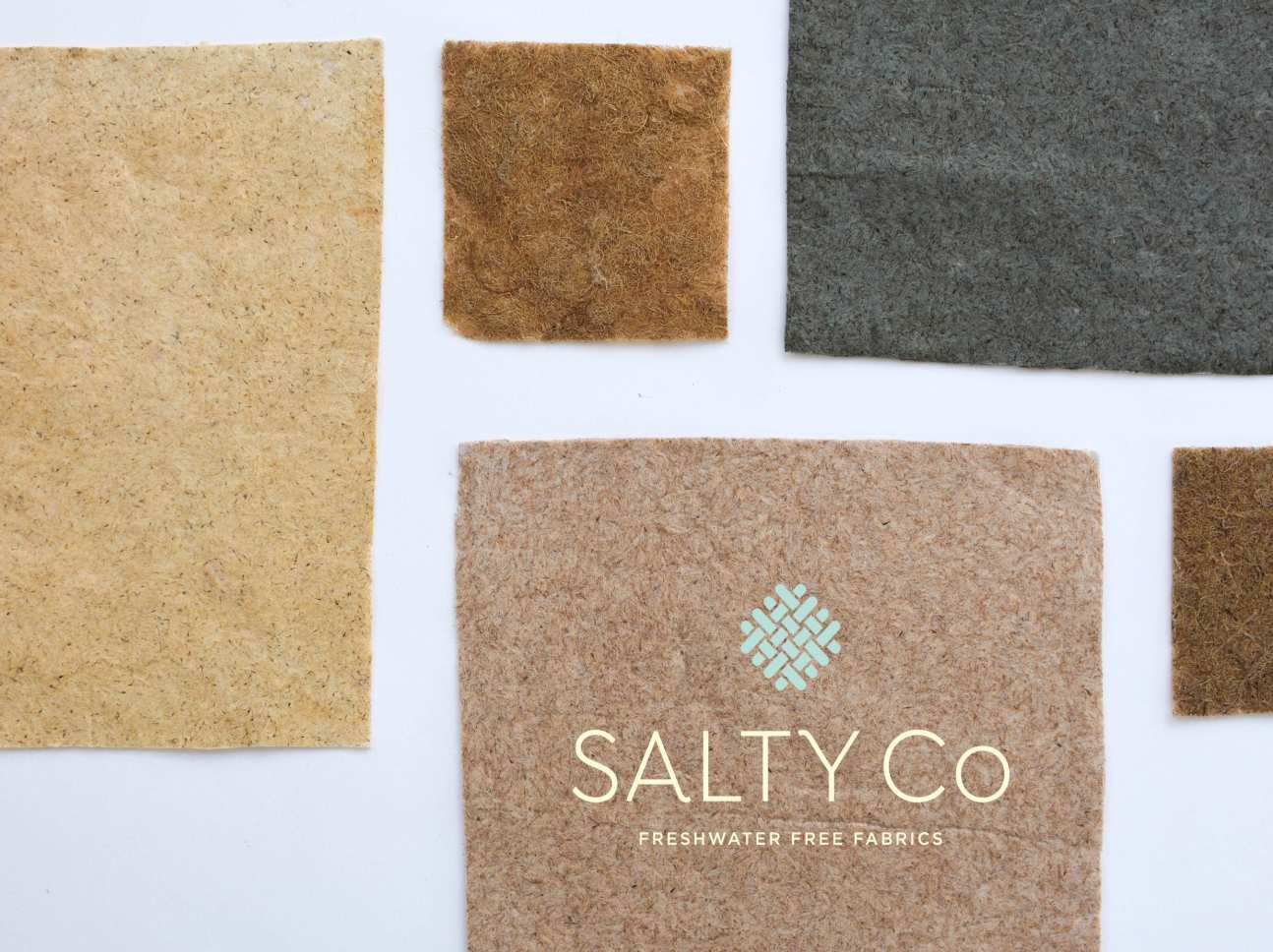 SaltyCo aims to reduce global freshwater consumption by offering alternative, freshwater-free textiles.
SaltyCo aims to reduce global freshwater consumption by offering alternative, freshwater-free textiles.
One of the main consumers of freshwater, an increasingly depleting resource, is the textiles industry where freshwater is used in the production of both natural and synthetic fabrics. Salty Co are aiming to reduce global freshwater consumption by creating alternative, freshwater-free textiles using seawater.
They grow salt-tolerant plants by irrigating them with water pumped from the sea. Once they have grown, they harvest the plants and extract their fibres before manufacturing a variety of natural textile offerings – currently a yarn for woven textiles, non-woven textiles and an insulating stuffing
Digital and Fintech: virtual reality for memory
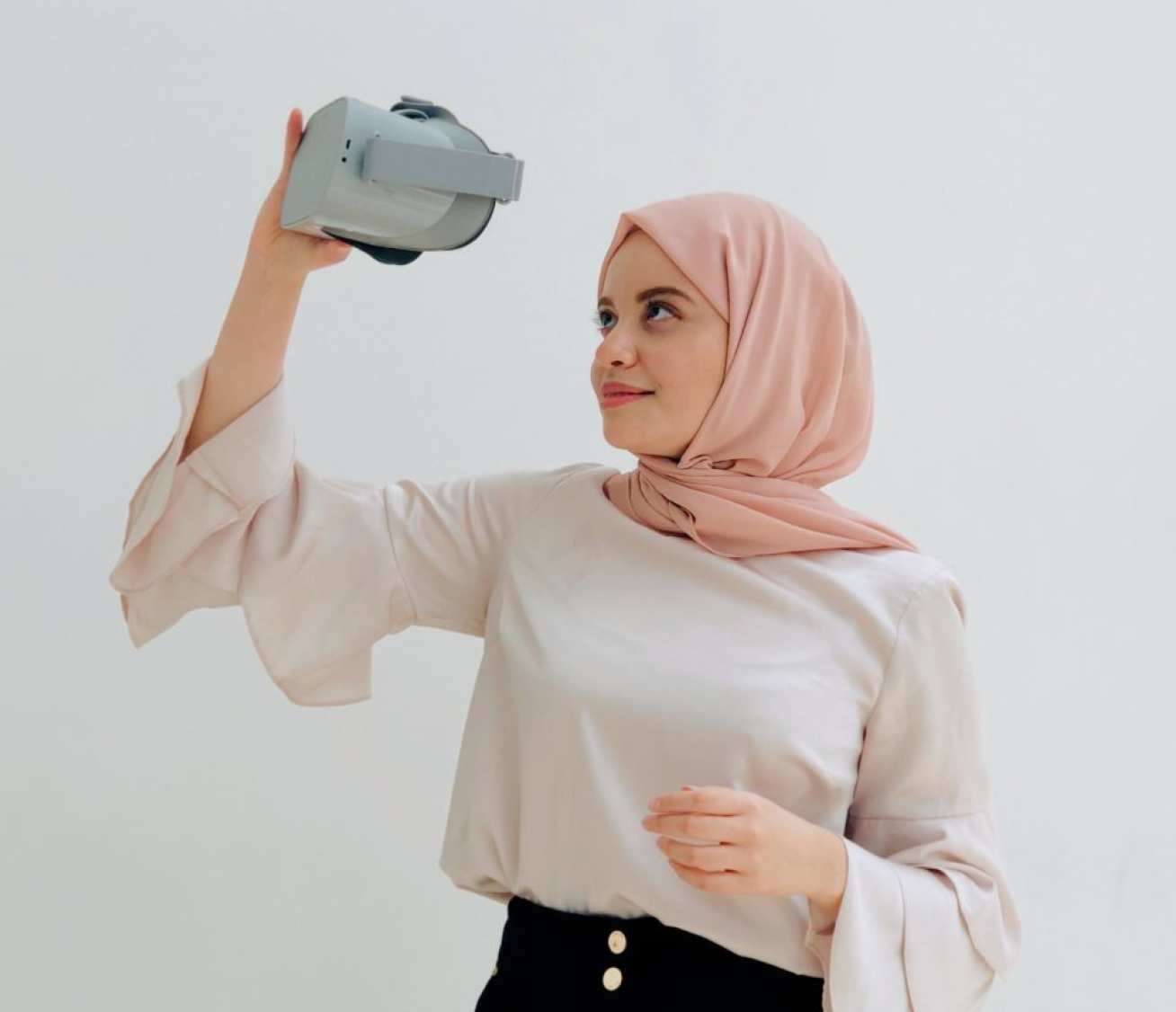
Nora Abdoun, the founder of Hippocampus
Hippocampus is an immersive virtual reality platform for those who need help with their long-term memory. The platform draws on the ancient Greek technique of the Memory Palace, which uses visualisations of familiar spatial environments in order to enhance and improve the recall of information and is favoured by Sherlock Holmes.
Hippocampus eliminates the barriers to entry for this method by allowing users to build and share their memory palaces in an immersive 3D environment. Their vision is a world in which useful information is easier to remember.
Energy & Environment: from seafood waste to plastic alternative
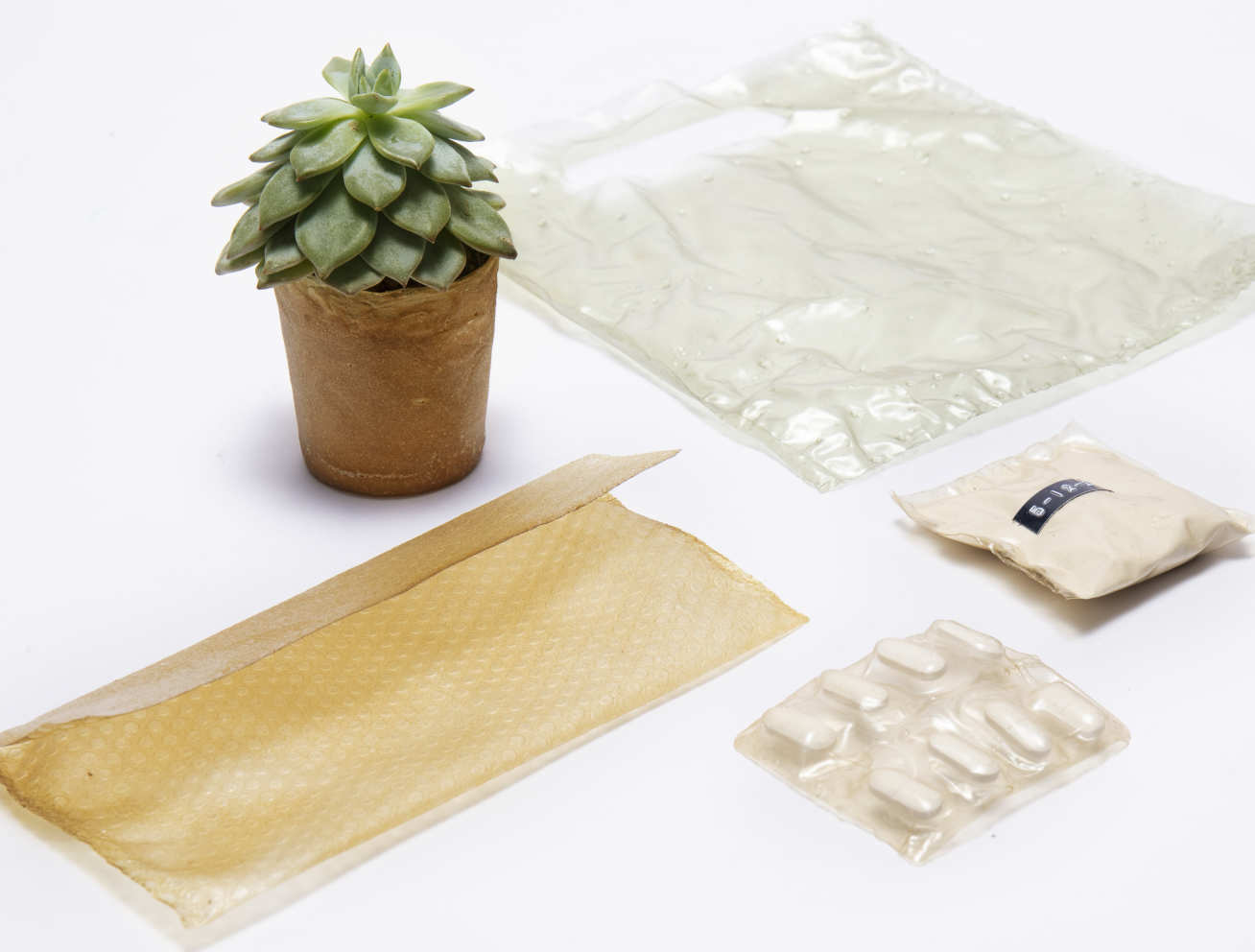
Plastic alternatives created by The Shellworks
The Shellworks is creating sustainable packaging from seafood waste by turning waste crustacean shells into an alternative to plastic.
Their packaging is biodegradable and home compostable, made from up-cycled waste, and is a non-polluting fertiliser at its end of life, providing an alternative to plastic that is easy to throw away without harming the environment.
Health & Wellbeing: menopause support
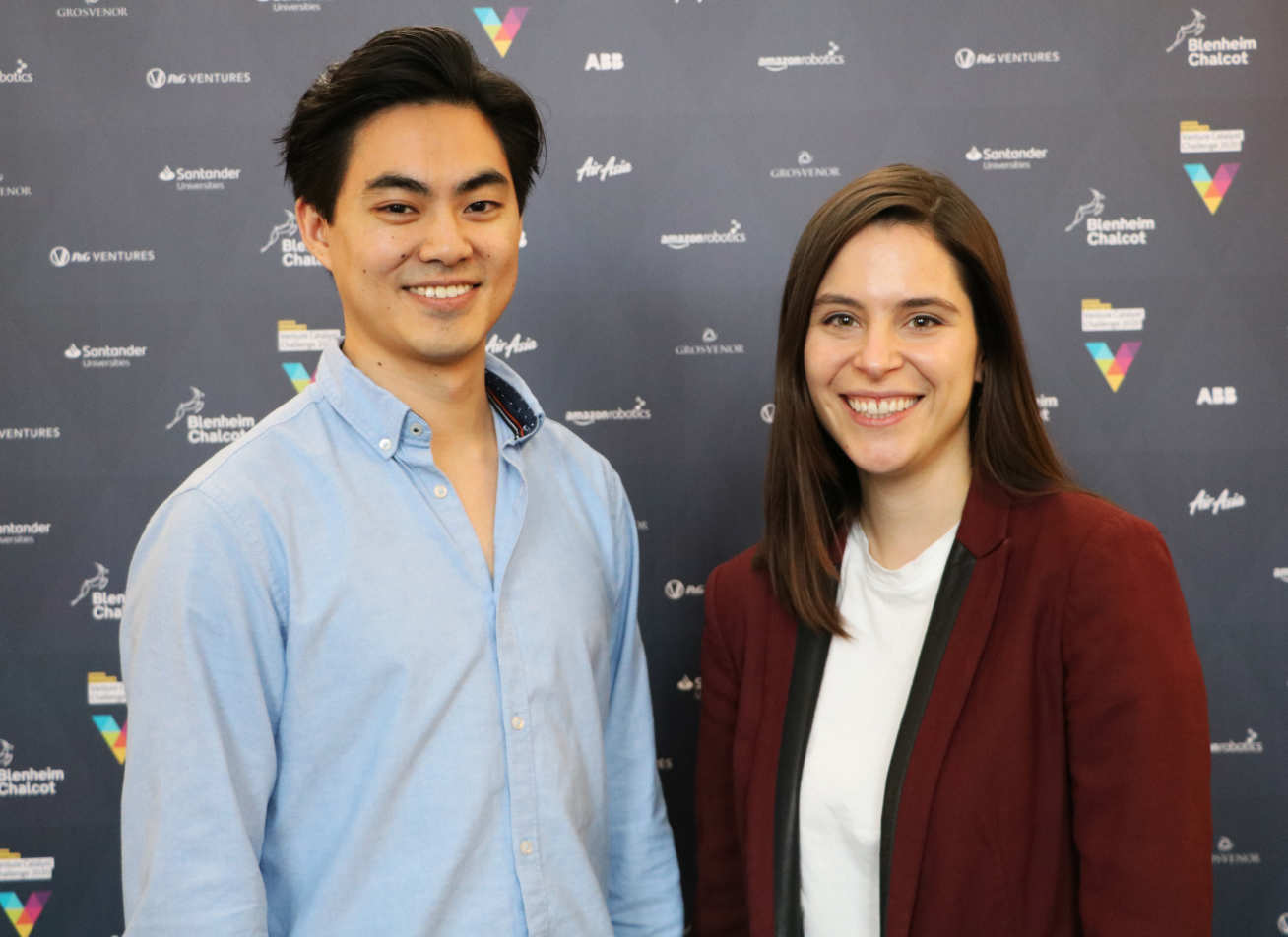
The team behind Bia.Care
Bia.Care is a digital platform that supports women during menopause, so they can receive information and personalised care that addresses both their medical symptoms and long-term goals.
With the platform, women can access specialised healthcare professionals, safe hormone therapy recommendation and prescriptions, and personalised content. The team are using medicine, technology and design to put women in control of their menopause experience.
AI & Robotics: organ failure prediction
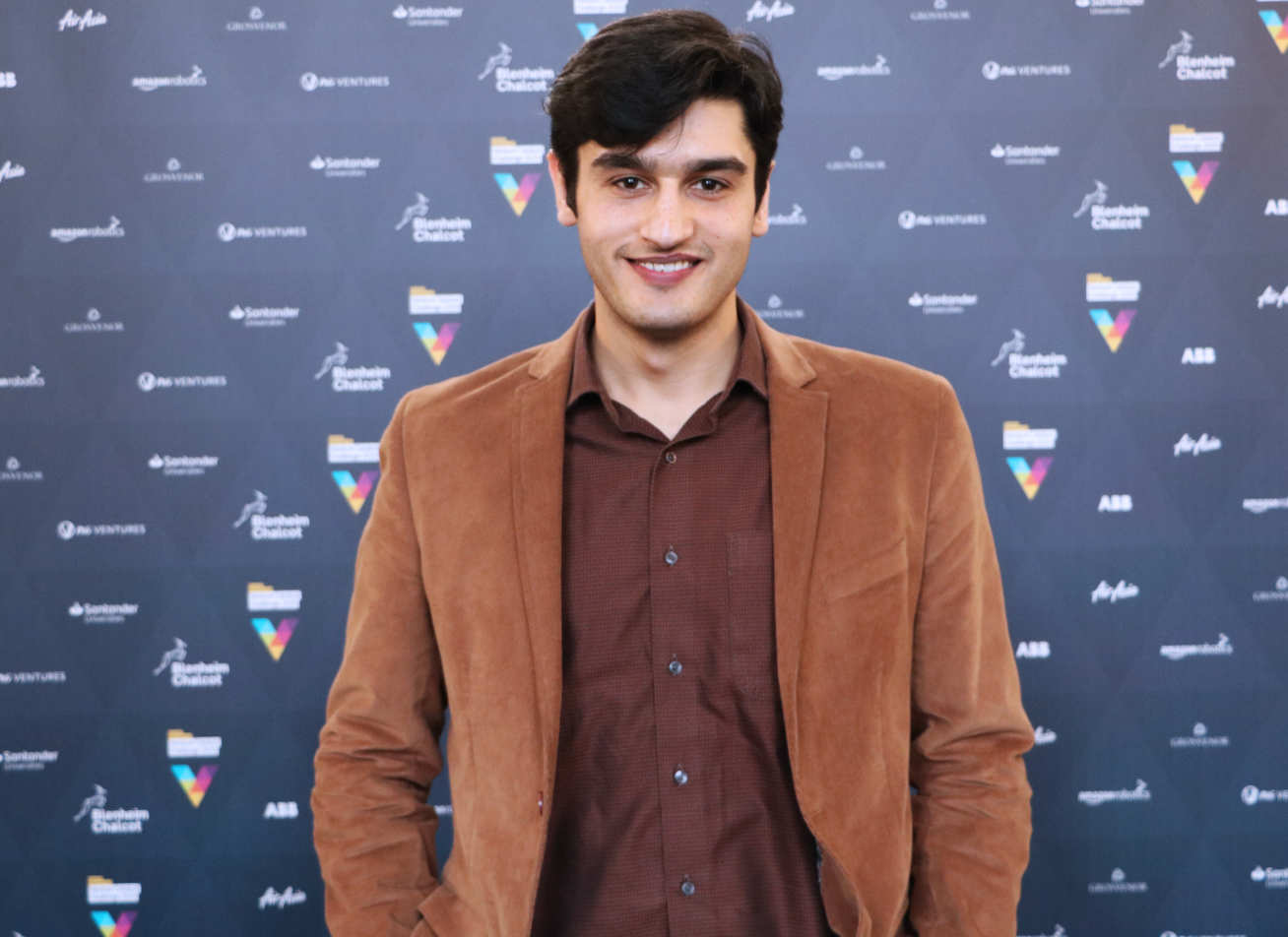
Sam Tukra, founder of Third Eye Intelligence
Powered by AI, Third Eye Intelligence aims to increase intensive care survival rates to predict the risk of organ failure.
Third Eye have developed an AI capable of forecasting clinical deterioration, predicting the risk of organ failure and guiding targeted treatment planning. By giving clinicians ample warning and guidance, they hope that their system can help save lives and resources.
Pushing boundaries of innovation
This year’s competition also saw the introduction of two new prizes, which have already been awarded.
The Moonshot Prize, sponsored by AirAsia, was awarded to The Tyre Collective for challenging the status quo and pushing boundaries of innovation. They were awarded £10,000 for their innovation to collect harmful tyre particles from vehicles, one of the largest contributors to air pollution.
The Social Impact prize of £10,000, sponsored by Grosvenor, was awarded jointly to Recycleye and Tempo Market to raise the profile of teams seeking to make a positive impact on the world.
Recycleye is a waste sorting solution that uses deep-learning and artificial intelligence (AI) to enable automated sorting of waste. Tempo Market offers easy camping equipment rentals to campsite visitors, overcoming the need to own your own equipment, saving customers money and making campsites accessible to a whole new market.












Responses